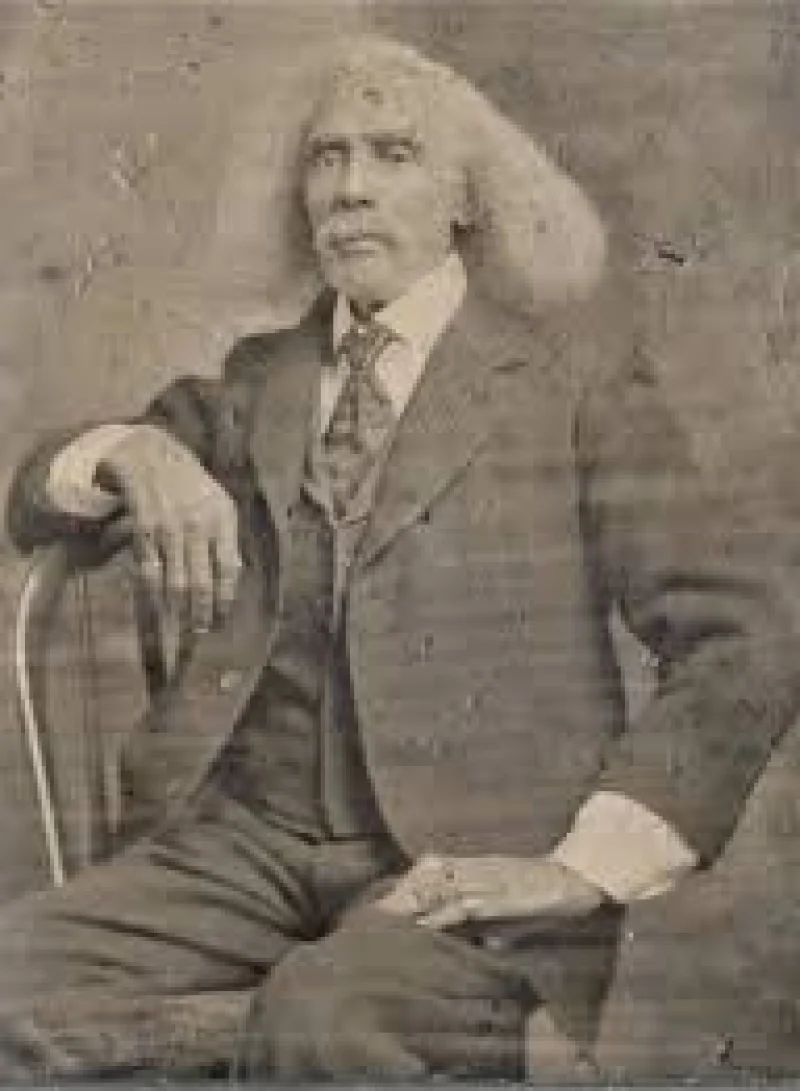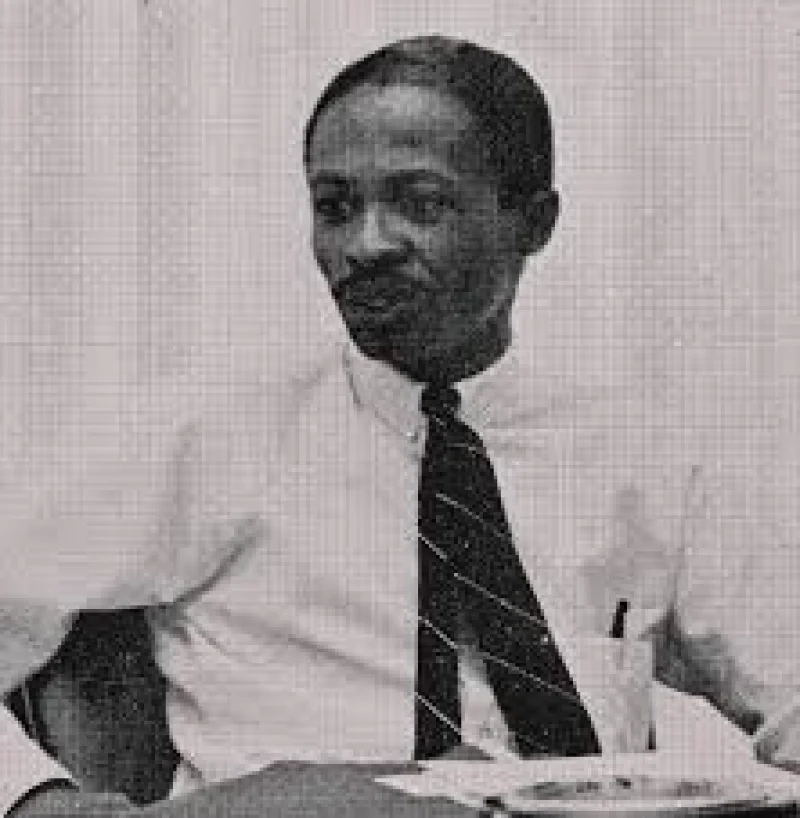Short Summary
Werner Heisenberg was a pioneering German theoretical physicist and one of the key figures in the development of quantum mechanics. He is best known for formulating the Heisenberg Uncertainty Principle, which has profound implications for the way we understand the behavior of particles at the smallest scales. Heisenberg's contributions to physics earned him the Nobel Prize in Physics in 1932, and his work continues to influence scientific thought and research.
Early Life & Education
Werner Heisenberg was born on December 5, 1901, in Würzburg, Germany, into an academic family. His father, August Heisenberg, was a professor of medieval and modern Greek studies. Heisenberg’s early education was influenced by his family’s academic background, and he showed a strong aptitude for mathematics and science. He pursued higher education at the University of Munich, where he studied under Arnold Sommerfeld, a prominent physicist. He later moved to the University of Göttingen, where he worked with Max Born and completed his doctoral studies in physics in 1923.
Career Highlights
Heisenberg's career in physics began with his association with some of the leading physicists of the time, such as Niels Bohr and Max Born. In 1925, he published a groundbreaking paper that laid the foundations for quantum mechanics. His formulation of matrix mechanics was a novel approach to understanding atomic structure. In 1927, he developed the Uncertainty Principle, which posited that certain pairs of physical properties, like position and momentum, cannot both be precisely known. Heisenberg held professorships at various universities, including Leipzig and Berlin, and played a key role in Germany's nuclear research during World War II.
Major Achievements
- Formulated the Uncertainty Principle, fundamentally changing our understanding of quantum mechanics.
- Developed matrix mechanics, an early formulation of quantum mechanics.
- Won the Nobel Prize in Physics in 1932 for the creation of quantum mechanics.
- Contributed to the development of the theory of quantum field theory and nuclear physics.
- Played a central role in post-war scientific reconstruction in Germany.
Famous Quotes
- "What we observe is not nature itself, but nature exposed to our method of questioning."
- "The reality we can put into words is never reality itself."
Interesting Facts
- Heisenberg was a skilled pianist and considered a career in music before choosing physics.
- He was involved in the German nuclear weapon project during World War II, although the project did not succeed.
- Heisenberg survived internment by the Allies after WWII and returned to academic work in Germany.
- He contributed to the founding of CERN, the European Organization for Nuclear Research.
- He was a lifelong advocate for peaceful applications of atomic energy.
Legacy / Influence
Werner Heisenberg's work fundamentally changed the landscape of physics and has had a lasting impact on the field of quantum mechanics. His Uncertainty Principle remains a cornerstone of quantum theory, influencing both theoretical and experimental physics. Beyond science, his ideas have permeated into philosophy, influencing discussions about the nature of reality and knowledge. Heisenberg's legacy continues to inspire new generations of physicists and thinkers.
FAQ
Q: Why is Werner Heisenberg famous?
A: He is best known for formulating the Uncertainty Principle and contributing significantly to quantum mechanics.
Q: Did Heisenberg win a Nobel Prize?
A: Yes, he won the Nobel Prize in Physics in 1932.
Q: What was Heisenberg's role during World War II?
A: He was involved in the German nuclear weapon project, although it did not succeed.
Q: What did Heisenberg contribute to after the war?
A: He played a significant role in the reconstruction of scientific research in Germany and helped establish CERN.













